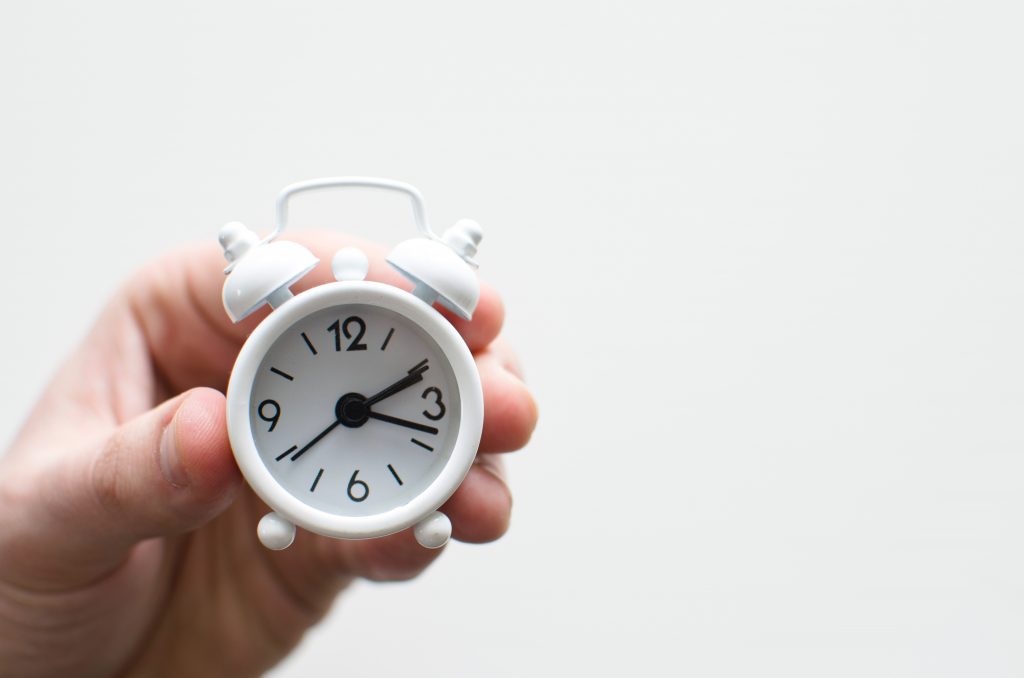
This week we lost an hour due to our annual switch to daylight saving time. The main purpose of the switch in our time is simply making better use of our daylight. Besides saving energy, a longer day to enjoy, and other benefits, is there any drawbacks to moving our clocks forward? Does this change play any role in our health?
Why Daylight Saving
The first entire country to enact daylight savings time was Germany and Austria back in 1916 although a few hundred Canadians did it eight years before. Another interesting face is that Daylight saving time in the United States was not intended to benefit farmers but to simply recover and enjoy the amount of daylight we have.
Internal Clocks & Daylight Saving
A change in the amount of sunlight we receive should be considered as a gift, but did you know our change in time actually deters our body in many different ways. With a change in time such as daylight saving, our internal clocks are disrupted from its normal cycles. Activities like sleep are thrown off which in return can cause problems like more stress from not being able to adjust instantly. This effect can be mostly be seen on Monday after the time is initially changed.
Prengancy Risk
Women who currently are pregnant also face a risk of facing a miscarriage the weeks following the time change. Although small, the study assumes that the change in our internal clocks might play a role in possible miscarriages.
S.A.D. & Depression
Due to lack of sleep because of the time change, workplace injuries are higher risk due to lack of sleep. The daylight saving time can also trigger mental illnesses like seasonal affective disorder. According to a Danish study during the time of seasonal changes depression cases increase by 11%. Another study found that male suicide rates have an increased rate, days after the spring and fall DST shift.
Car Accidents
Car accidents increase from 5.4 to around 7.6 during the days that follow the time change. This could be caused by less sleep, not being fully alert, or even the less amount of light in the morning when driving.
Fight Back Against Time Change
So what can you do to avoid possible risk during the transition? Try waking up a little earlier than usual after the time change for the next few weeks. This will help your body adjust to the new time helping your inner clock get back on track. Eat a full breakfast to help stabilize your internal clock and get your body working earlier. Finally, make sure you’re going to sleep at a decent time the night before the change so your body is able to adjust to the change as soon as it happens.
Have Health Insurance Questions?
We hope that this information on daylight saving time is helpful for you.
Insurance is oftentimes overwhelming, and we want to shed light on the industry by answering your questions. Comment below and your question may be the topic of our next post!
If you liked this article, share it with your friends!
Empower Brokerage wants to help you find the insurance coverage you need and help you save money getting it. Stay on top of your health and give us a call at (844) 410-1320.
Get affordable health insurance quotes by clicking here.
See our other websites:

